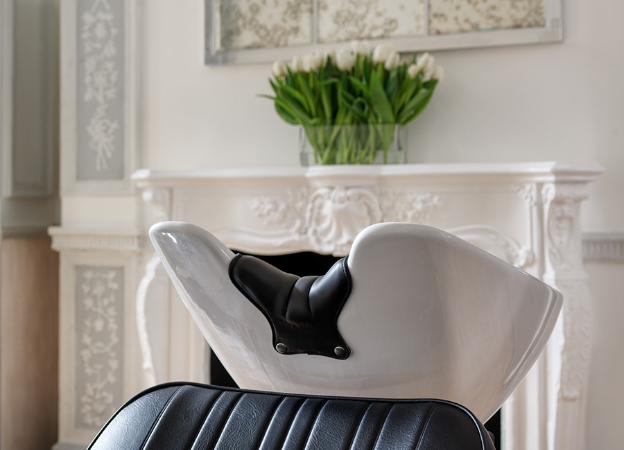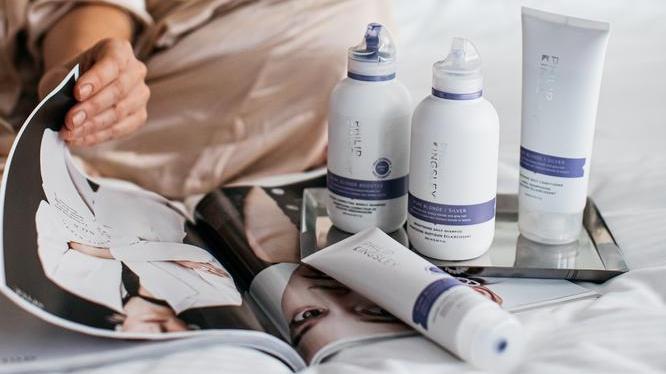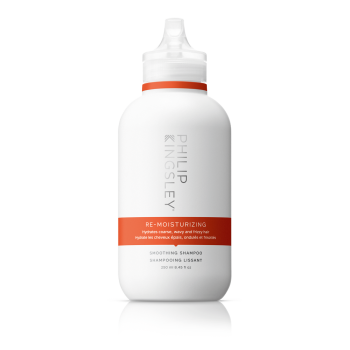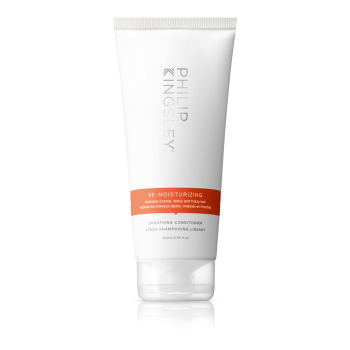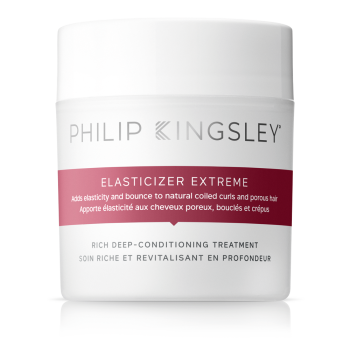What is coarse hair?
Coarse hair is an often thick, volumous hair type. If you have coarse hair, it will probably have plenty of natural body. The best way to know if you have coarse hair is to feel whether it has a noticeably rough, thick texture, e.g. when you hold a strand between your fingers. It may also feel like you have a lot of it. Coarse hair can be straight, as in many Asian hair types, or curly or frizzy, as in some naturally red hair.
The diameter of coarse hair is the widest of all textures, which makes it more prone to moisture evaporation and dry ends. To care for your coarse hair, look for products labelled ‘re-moisturizing’, ‘moisturizing’ and ‘smoothing’ and those that tame frizz.
Shampooing and Conditioning Coarse Hair
If you have coarse hair you may be reluctant to wash it more than a couple of times a week, since it can be difficult to style. However, frequent (preferably daily) shampooing is recommended for all hair textures, because it keeps your scalp clear and your hair hydrated. (It is in fact water, not oil, that delivers moisture and suppleness to your strands.)
Coarse hair tends to become dry easily, so we recommend using a pre-shampoo treatment like our famed Elasticizer, once or twice a week. If your hair is damaged and dry from chemical processing and/or frequent heat styling, we recommend upping that to twice weekly treatments or alternating with a bond repairing treatment such as Bond Builder Restructuring Treatment.
Products we recommend for washing coarse hair:
Styling Coarse Hair
Coarse hair usually has plenty of natural body, but it can be time-consuming to style if you wish to achieve a smooth, frizz-free look. Try to be careful when using blow-dryers and tongs: too much heat can dehydrate your hair, making it dull and brittle.
Choose styling products that help protect your hair from heat. Silicones are good for this, but go for a product that doesn’t contain too much. Preferably silicone should not be listed in the first 3 ingredients. Using too much silicone can cause something we call ‘silicone burn’ – a nasty brittleness and dullness that can be even more annoying than frizz itself.


